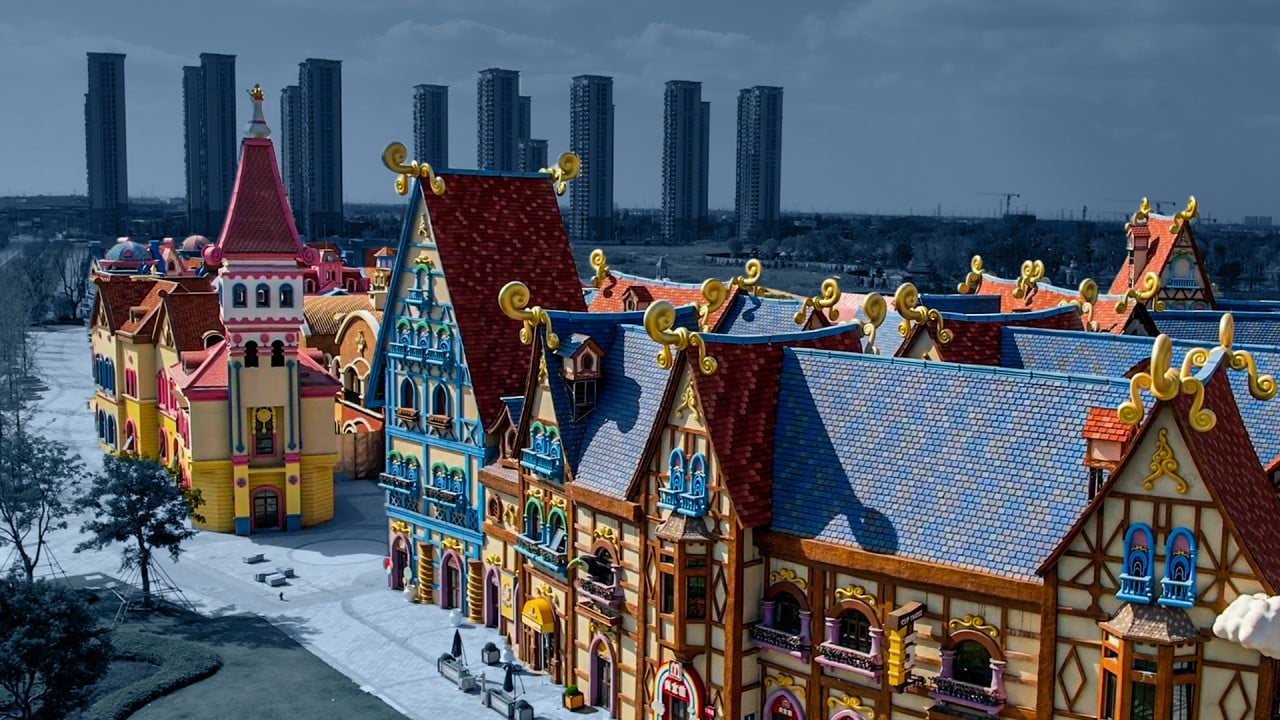
China, eager for ‘good start’, tells regions to limit Lunar New Year’s drag on economy
- China’s Ministry of Industry and Information Technology gathered the leaders of several regions to call for robust industrial growth in the new year
- Officials want ‘good start’ to year as concerns still loom over the pace of economic recovery
Fourteen Chinese regions have been tasked by the Ministry of Industry and Information Technology to stabilise manufacturing and ensure a good start to the year, as the sector faces unabating headwinds in the run-up to the Lunar New Year holiday.
“Various measures will be taken to support enterprises in maintaining stable production and employment, ensuring a good start and positive momentum in the industrial economy for the first quarter,” the ministry said in an official WeChat post published on Sunday.
“Efforts will be fully dedicated to expanding market demand, promoting holiday spending [and] cultivating new sources of consumption growth.”
The meeting, held in Xi’an in the central province of Shaanxi, included leaders from 13 other provinces and the municipality of Chongqing. Those there represented some of the country’s most developed regions, including Jiangsu, Zhejiang and Guangdong.
Premier urges China’s manufacturing firms to ‘spare extra money’ for R&D
“It is not clear if the latest rise in the PMIs reflects a further improvement in January or simply the easing of sentiment effects that have been weighing on the surveys,” said Capital Economics in a report published on Monday.
“Either way, it adds to evidence that growth momentum in China is in the midst of a renewed recovery, albeit one that remains on shaky foundations and is unlikely to be sustained once current policy support is pared back.”
A number of regions have already outlined their growth plans for the new year, with advanced manufacturing coming up as a frequent topic.
Both Shanghai and Beijing dedicated space to the development of integrated circuits, artificial intelligence and biopharmaceuticals, as well as other new industries.
Guangdong, the wealthiest Chinese province, pledged to examine the potential of emerging industries such as new energy storage, ultra-high-definition video displays, biomanufacturing and commercial aerospace. The province also announced it would proactively lay the groundwork for future growth industries like 6G, quantum technology and humanoid robots.
Digital and low-altitude economies – the latter referencing industries related to civil aerial vehicles, manned and unmanned, operating within 1,000 metres above ground – were also areas for which provinces said they would formulate strategies.


